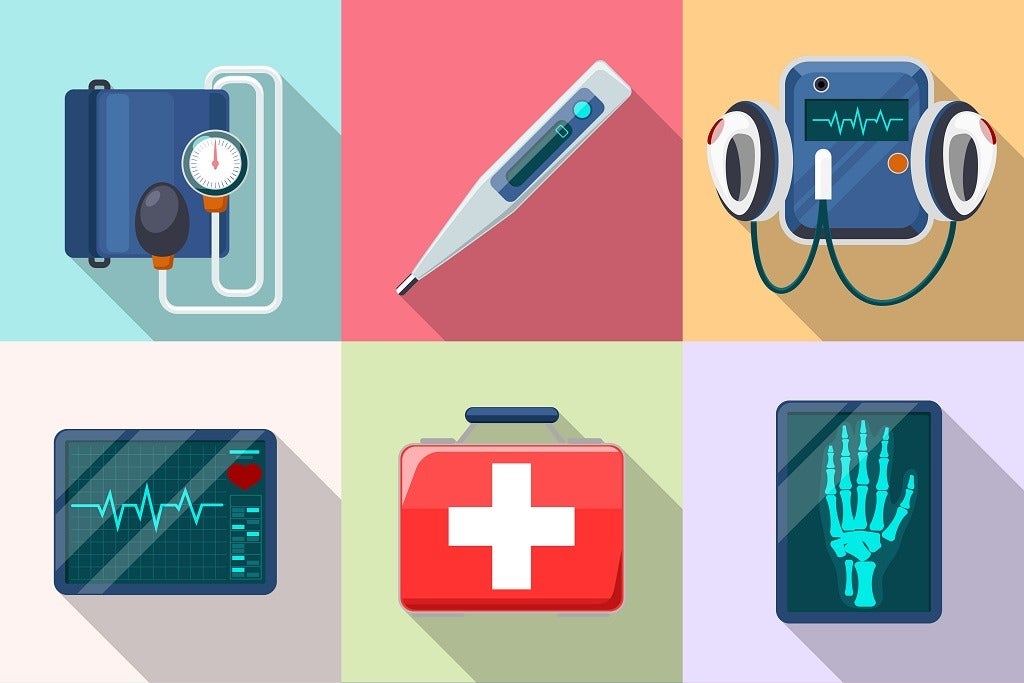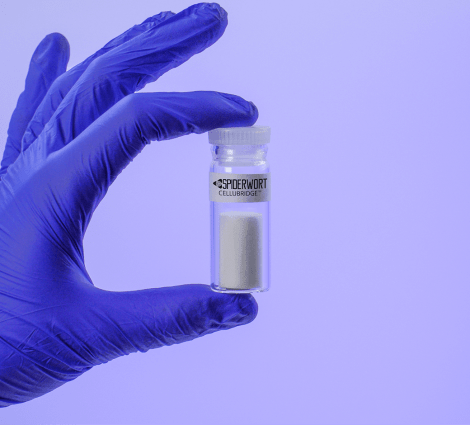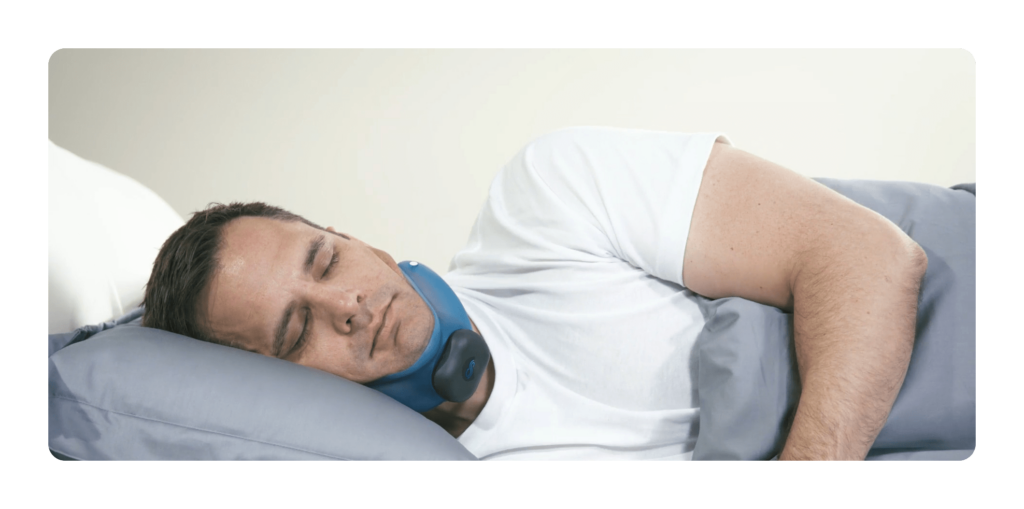
Much of the medical world is currently pre-occupied with Covid-19 in some capacity, but the FDA continues to give Breakthrough Device designations to companies bringing life-saving technology into the market to address other diseases too.
The FDA launched its Breakthrough Device Program in 2018 for products that have the potential to offer more effective diagnosis or treatment of life-threatening diseases with an unmet medical need.
Although the designation can help companies to secure the all-important funding needed to commercialise their technology, not all companies want to disclose when they receive it.
With that in mind, here we look at Five of the most interesting designations made public in the past month.
1. Spiderwort Inc – Spinal cord scaffold implant

Spiderwort won a Breakthrough Device Designation from the FDA for its plant-based cellulose scaffolding used to create a framework that supports the regeneration of healthy tissues.
The biomaterial is composed of micro-channels which guide regenerating neurons through damaged regions of the spinal cord after a traumatic injury.
Preclinical studies on small animals are demonstrating the promise of this approach for restoring motor function.
2. Chosen Diagnostics – Detecting infant gut disease
Chosen Diagnostics is a company spun out of the Louisiana State University Health Sciences Center, New Orleans, focused on the development of the non-invasive diagnosis of gastrointestinal inflammatory diseases in babies and children.
The company received a Breakthrough Device Designation on November 17 for its NECDetect platform, which will be used to identify necrotising enterocolitis (NEC) – a gastrointestinal disease primarily seen in preterm infants with a mortality rate as high as 50%.
A November 2019 diagnostic study conducted by a team that included Chosen Diagnostic founder Sunyoung Kim looked at 136 premature infants and found that a protein involved in managing harmful bacteria in the human intestine is a reliable biomarker for detecting NEC.
3. Sommetrics – Treatment for sleep apnoea

Sleep apnoea is a major health issue today, with studies having concluded sleep disordered breathing concerns affect 49% of men and 23% of women aged 40 and above.
Sleep health specialist Sommetrics received a Breakthrough Device Designation from the FDA on November 17 for its aerSleep II product, which is aimed at sufferers of sleep apnoea who are unable to benefit from current therapies like CPAP.
aerSleep II applies negative pressure over the external surface of the neck to hold the airway open during sleep, reducing the number of apnea and oxygen desaturation events.
The company claims that in previous clinical studies, there was a strong preference for aerSleep over other therapies, like CPAP and oral devices.
4. 4D Path – Breast cancer diagnosis
4D Path received a Breakthrough Device Designation on November 18 for the 4D Q-plasia OncoReader Breast, which provides histopathologists with an adjunct technology to improve diagnostic accuracy of breast cancer features.
By using the software, physicians can determine the invasiveness and grade of breast cancer solely from digitised histopathology images obtained via biopsies or resections.
One in eight women are affected by breast cancer in their lifetime, and 4D Path founder Tathagata Dasgupta claims the device shows great promise in aiding clinical histopathologists to mitigate diagnostic challenges and so improve diagnostic accuracy.
5. Salvia BioElectronics – Migraine treatment
According to the Migraine Research Foundation, more than 4 million people in the US have chronic migraines, suffering from the condition at least 15 days a month.
Salvia BioElectronics, a neurostimulation platform company targeting chronic migraine, won an FDA Breakthrough Device Designation on November 3 for its implantable neurostimulation system made to address this cohort.
While neurostimulation has been demonstrated to be effective for these patients, there are no approved devices commercially available.
Salvia was founded with the mission to help them by developing thin and conforming bioelectronic foils that uniquely adapt to the anatomy of the head.
The company is currently building a team to turn their concept into a marketable product for migraine sufferers.


